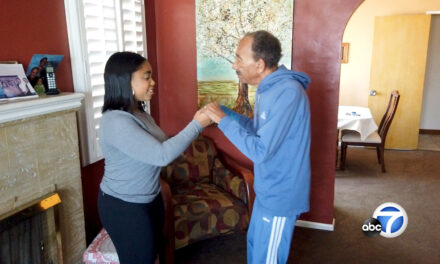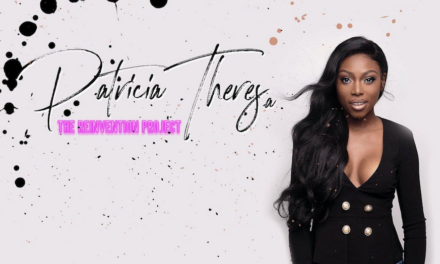As I write this column, the Newtown, Conn., shooting tragedy is still a raw, gaping wound in the national consciousness. We have seen the face of evil, and those of us in the press who cover breaking news have been left to report on the horror. I’m sad to say we haven’t always done it elegantly or with compassion for the victims or their families. What’s worse, in an effort to be first, blatantly wrong information was published.
We need to do better.
We need to find a way to balance the public’s right to know with simple human decency and journalistic integrity. Unfortunately, it’s not a balance the press has ever handled very well.
On the morning of the shooting, early reports pegged the wrong brother as the shooter, then there were reports of both brothers being shooters. Many news outlets rushed to report that, earlier in the day, the shooter had driven to his father’s house in New Jersey and killed him before returning to Newtown to kill his mother in her classroom at Sandy Hook Elementary School. None of this was true.
And social networks such as Twitter and Facebook just exacerbated the problem by perpetuating the rumors and spreading misinformation. In times of such obvious confusion, journalists should be the ones confirming the facts. Instead, driven by pressure to outdo one another, bad information was published or broadcast again and again.
To some extent, it’s understandable that a story as horrible as this one would produce lots of confusing information as it developed, but the press’s responsibility in situations like this is not to be first, but to be accurate. When every reporter is rushing to keep up with civilians on Twitter, that responsibility is forgotten.
Former CBS Evening News reporter Dan Rather, in an online Q&A session on reddit, Inc., was asked about the coverage of the shooting, and he pointed out that this is not a new problem. He said that in reporting a breaking story like this, the first things you hear are often untrue. It’s a lesson reporters have had to learn again and again. He added that a journalist’s first responsibilities are accuracy and fairness.
When I was cutting my teeth in journalism school, I was taught the ABC’s of journalism: accuracy, brevity, clarity. It seems that in a time when media outlets are trying to outdo one another, accuracy-and even clarity-has become a casualty of the internet age.
What’s worse than getting the story wrong though is doing what Rather referred to as “milking the tragedy.” And I’m afraid that’s what some journalists have done. There is no excuse, for example, for those journalists who stuck microphones in the faces of tiny children and asked them what happened.
I saw one post by danah boyd on her apophenia blog that begged journalists to stay away from Newtown, to just leave the town to heal in peace. She wrote about kids she met in 1999 who lived in Littleton, Colo., and had been “hounded by press wherever they went” after the Columbine shooting. The press needs to do better in Newtown. We have to learn that these people are not just a story; we should pack up the cameras and the notebooks and leave them alone.
Maybe instead of hounding the citizens of Newtown (or whichever town is unlucky enough to be next), we should be asking some more fundamental questions, digging deeper, doing the jobs that we were trained to do.
As Rather suggested in his reddit interview, maybe instead of hanging around in Newtown, reporters should be going to the gun manufacturers and asking them some hard questions, such as what their responsibility is in all of this and what they think about what happened.
“I do want to be clear,” Rather said in the reddit video, “journalism isn’t a precise science. It’s a crude art, and practiced at its best has a high sense of responsibility. When a tragedy like this happens, yes it’s a battle for ratings and audience, and sometimes that overwhelms what should be our sense of responsibility.”
He’s right, and we need to find that sense of responsibility again. At some point our right to know is over, superseded by common courtesy and decency and humanity. Let’s start now and use the Newtown tragedy as the place we start to do better, where we recover our sense of duty and responsibility, and where we start asking the tough questions of the right people.







